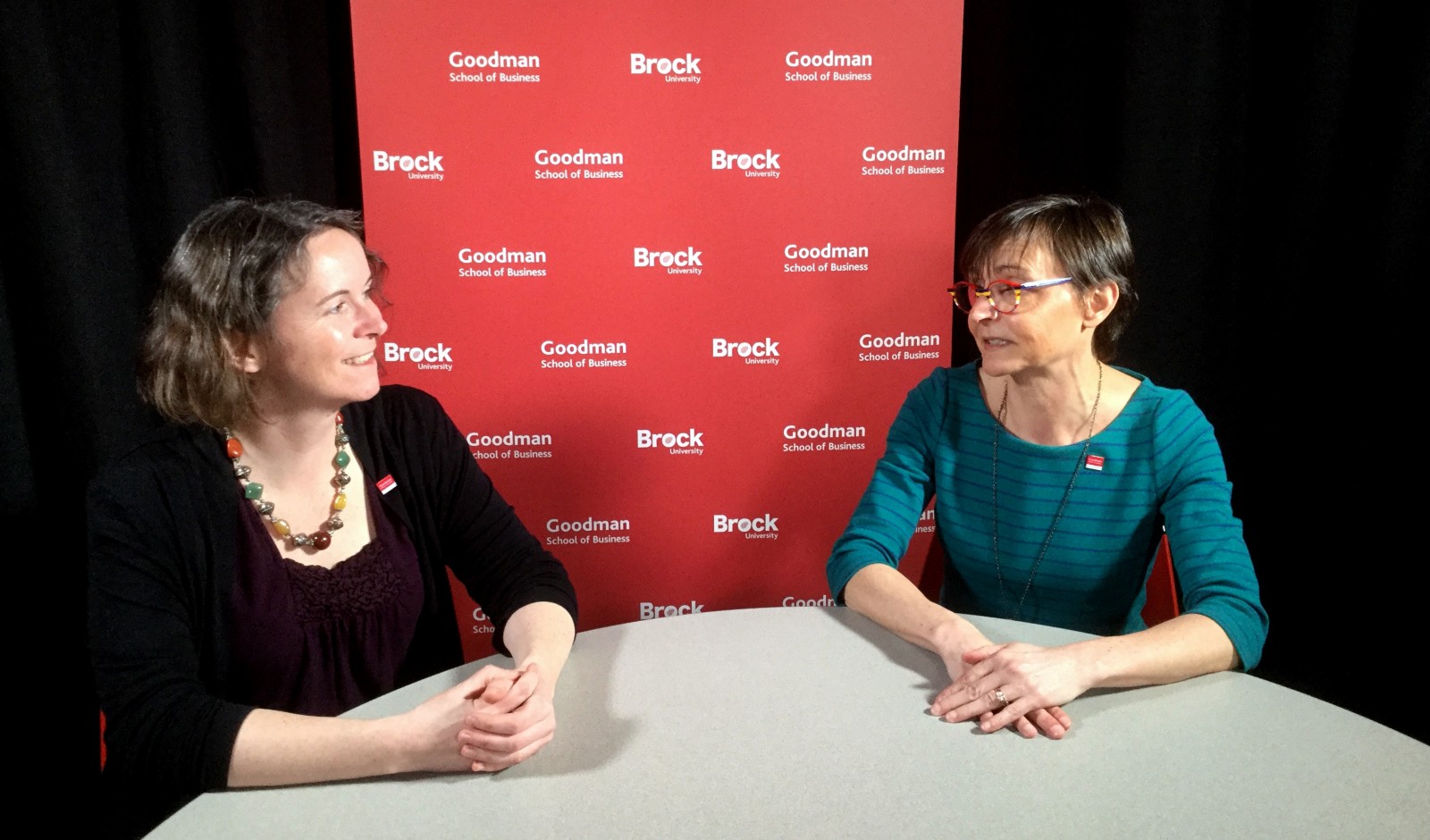This week on Conversations with Goodman, host Susan LeBlanc talks to Assistant Professor Trish Ruebottom about her recent co-authored paper on Wall Street reform.
LeBlanc and Ruebottom talk about the reforms and regulations needed on Wall Street, which started to be especially noticeable to the general public after the 2008 financial crisis.
In their research, Ruebottom and colleagues looked to Wall Street executives to understand and explain why the needed changes did not happen and how they maintained their positions of power even after the crisis.
In researching the testimony at the Financial Crisis Inquiry Commission and several media reports where executives spoke on behalf of their banks, Ruebottom and her co-authors found that executives spoke in a way that reaffirmed their authority and undermined their culpability in the crisis by talking about their own expertise and concern for stakeholders, while challenging the same of government and regulatory bodies.
Not much has happened, even after a huge outcry for reforms. This research study shows that in order for reforms to take place, another body needs to claim the authority.
“Consumers themselves need to have trust in another body that’s not the Wall Street executives,” she said.
Ruebottom explains that the new Consumer Financial Protection Bureau may be able to take on the authority necessary to challenge Wall Street executives, but this is yet to be proven.
“The reforms can only happen if there is independent leadership and the ability to challenge the authority,” she said.
When asked about what voters need to take into consideration in the upcoming election, Ruebottom talks about the need to look for a plan to make the reforms.
“Bernie Sanders has been positioning himself as the independent candidate, but this is only one piece of the puzzle. He has talked about how he would not put a Goldman-Sachs person in charge of the regulatory bodies, but he hasn’t talked about who he would put in,” she said.
“Political leaders will discredit their opponents by talking a lot about what they wouldn’t do and without knowing who would be put in place and whether they would be able to challenge that authority, independence is one thing, but it’s only that first step. So, looking at what the plan is to actually make reform and how to challenge the authority is really critical,” she said.
Ruebottom says that one key takeaway from her research is that there needs to be a space for counter-narratives wherever people have positions of power.









